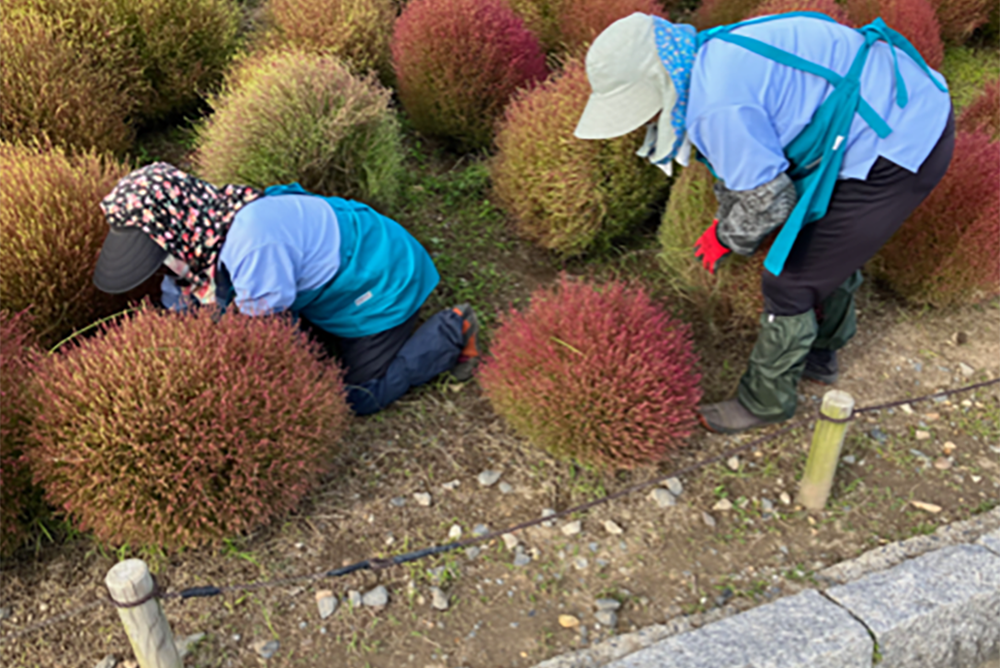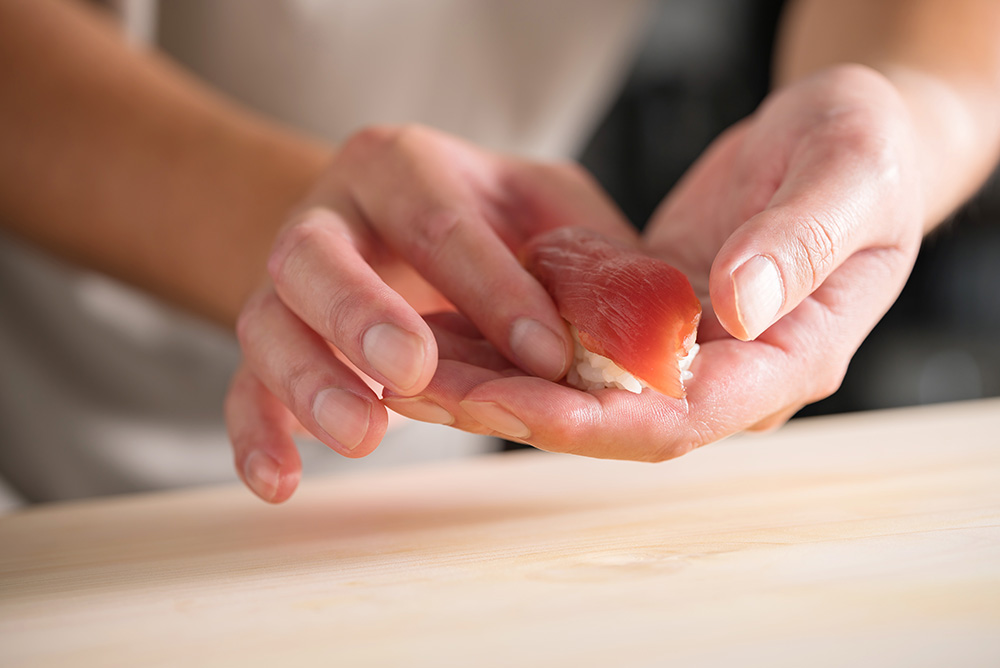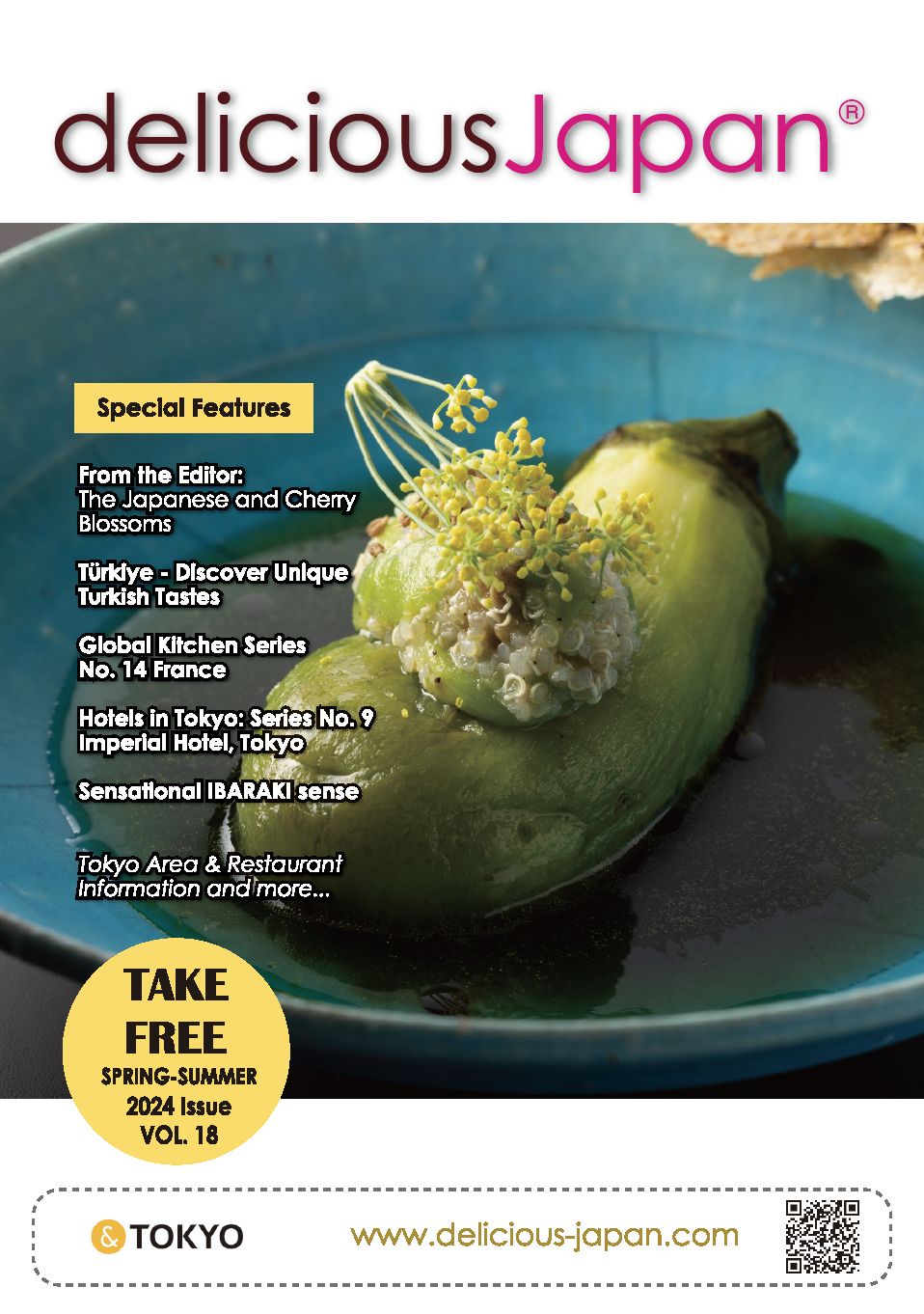Foods and Sake from Ibaraki
Ibaraki has mountains, seas, and lakes. It also boasts lush rural areas and fields that stretch to the horizon. Nature is scattered even in the cityscape, with numerous hiking trails, scenic spots, aquariums, and places for camping and marine sports. Above all, Ibaraki offers various ingredients, allowing you to taste a range of delicious foods unique to each area. This November, Ibaraki Prefectural Government will host “A Tour to Discover New Foodstuff in Ibaraki” for chefs from major hotels, restaurants, and embassy residences in the Tokyo metropolitan area. The visit to Ibaraki's production areas aims to let chefs experience the charm of local food firsthand. We want to introduce the appeal of Ibaraki food to "delicious Japan" readers ahead of time.
Japanese Sake Isokura Sake Brewery
Ibaraki Prefecture is blessed with the bounty of nature and five rich river systems. This fortunate environment has made the prefecture home to one of the Kanto region's largest numbers of sake breweries, where the brewing industry is flourishing. Isokura, established in 1868, has the master brewer and brewers who live and work at the brewery, dedicating themselves to sake production. The brewery has won many awards to date. They are particular about using “local water and rice” and have continued to brew “sake that tastes and smells like rice and is truly Japanese.”


Hitachi Beef - Dream Farm
A farm that specializes in Hitachi Beef. Dream Farm practices "recycling agriculture" by letting the mother cows graze, cultivating their own grass and feed rice, and feeding the cows with the harvested feed. The new meat brand “Hitachigyu Kirameki” boasts an exceptional combination of flavor, melt-in-the-mouth texture, and delightful mouthfeel. Esteemed by chefs across various cuisines, it is celebrated for its juicy taste and rich aroma, marking it as one of Ibaraki Prefecture's prideful products.


Vegetables - Fushichan Farm
Five types of delicious vegetables are cultivated in a natural environment with fertile soil and mineral-rich groundwater from Mt. Tsukuba, based on the JAS organic standards. Soil preparation is essential for growing nutritious and tasty vegetables. Taking advantage of the benefits of being located in Tsukuba Science City and receiving advice from researchers and experts, Fushichan Farm has established a system to prevent pests and diseases without using pesticides or chemical fertilizers. Their motto is "a stable supply of high-quality organic vegetables at a fair price.”


Chestnuts - Shokoron Farm
Ibaraki Prefecture is Japan's number one producer of chestnuts in terms of cultivation area and shipping volume. Shokoron Farm is a rare chestnut farm with over 100 years of history. Chestnuts are a representative autumn flavor in Japan. Their history is ancient, and many have been excavated from Jomon-period ruins. You can eat them boiled as they are or make chestnut rice with fresh rice for a seasonal touch. Popular chestnut desserts made with marron cream and simmered in syrup are delightful.







